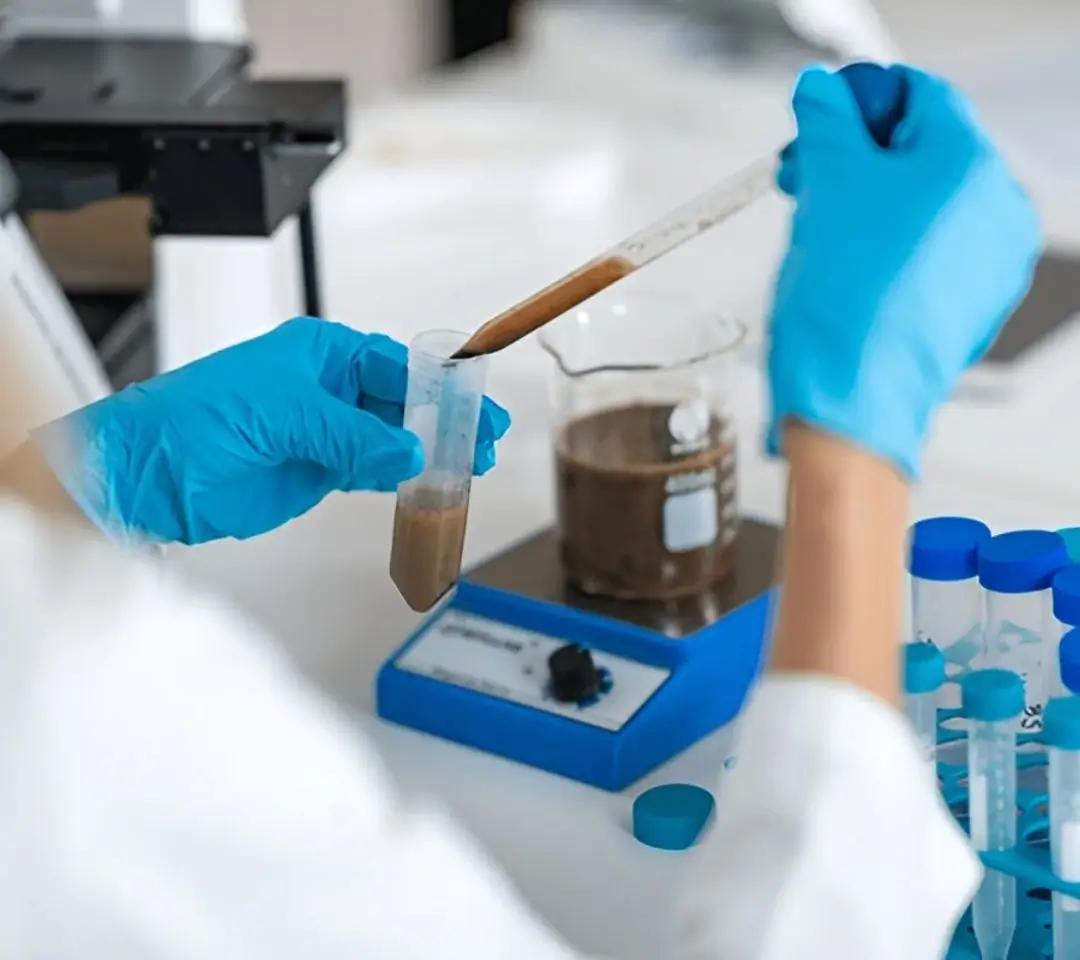Frequently Asked Questions
FMT involves transferring stool from a healthy donor into a patient’s gut to restore normal bacterial balance, often to treat C. difficile infections.
FMT is typically recommended for patients with recurrent or treatment-resistant Clostridioides difficile (C. diff) infections.
FMT can be administered via colonoscopy, enema, oral capsules, or a nasoenteric tube depending on the case.
FMT is generally safe when performed by experienced providers using screened donors. Rare side effects may include GI upset or infections.
Success rates for curing recurrent C. diff infections are over 85% with FMT.
Donors undergo extensive screening for infectious diseases, gastrointestinal issues, and lifestyle factors to ensure safety.
Some insurance plans may cover FMT for recurrent C. diff, but coverage varies. Check with your provider.
The FDA allows FMT under enforcement discretion for treating C. diff not responsive to standard therapy.
Research is ongoing for its use in IBS, ulcerative colitis, and metabolic disorders, but it’s only approved for C. diff currently.
Preparation includes stopping antibiotics, following dietary guidelines, and sometimes undergoing bowel prep before the procedure.
Side effects are generally mild and may include bloating, cramping, or diarrhea. Serious infections are rare.
Many patients see improvement in symptoms within a few days after the transplant.
Donor stool can be fresh or frozen, depending on the source and method of preparation.
In some cases, patients may use a known donor, but the donor must meet strict screening criteria.
Yes, follow-up visits help monitor for symptom resolution and any side effects.

